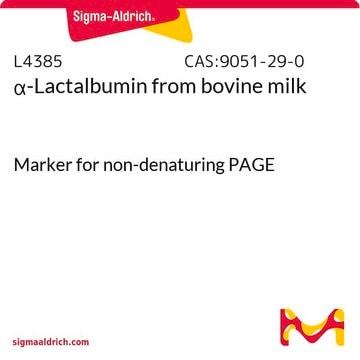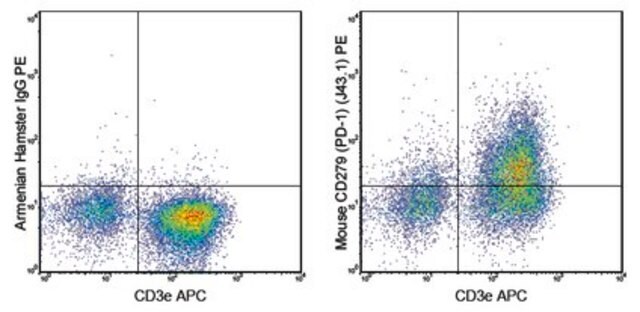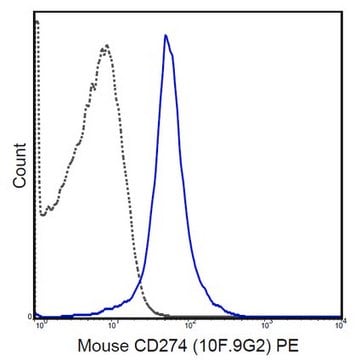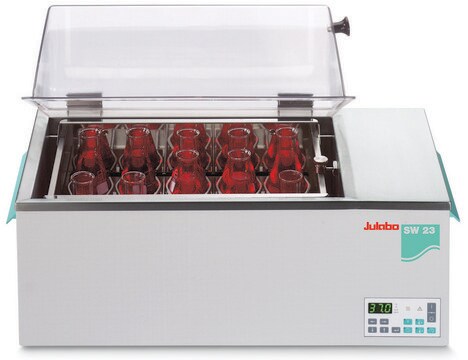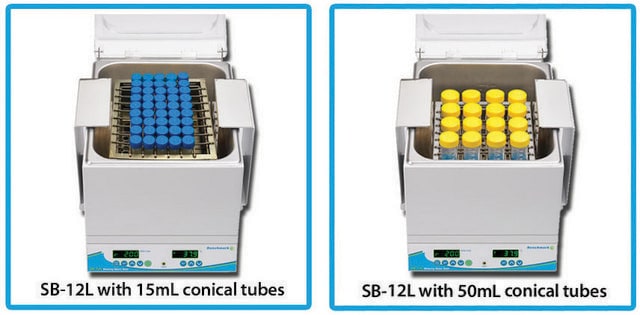MABC1131
Anti-PD-L1 B7-H1 Antibody, clone 10B5
clone 10B5, from hamster(Armenian)
Synonyme(s) :
Programmed cell death 1 ligand 1, PDCD1 ligand 1, Programmed death ligand 1, B7 homolog 1, B7-H1, CD274
About This Item
Produits recommandés
Source biologique
hamster (Armenian)
Forme d'anticorps
purified immunoglobulin
Type de produit anticorps
primary antibodies
Clone
10B5, monoclonal
Espèces réactives
mouse
Conditionnement
antibody small pack of 25 μg
Technique(s)
flow cytometry: suitable
immunohistochemistry: suitable (paraffin)
Numéro d'accès NCBI
Numéro d'accès UniProt
Modification post-traductionnelle de la cible
unmodified
Informations sur le gène
mouse ... Cd274(60533)
Catégories apparentées
Description générale
Spécificité
Immunogène
Application
Flow Cytometry Analysis: A representative lot detected PD-L1 B7-H1 in Flow Cytometry applications (Hirano, F., et. al. (2005). Cancer Res. 65(3):1089-96; Dong, H., et. al. (2004). Immunity. 20(3):327-36).
Apoptosis & Cancer
Qualité
Immunohistochemistry (Paraffin) Analysis: A 1:25 dilution of this antibody detected PD-L1 B7-H1 in mouse heart tissue sections.
Description de la cible
Forme physique
Stockage et stabilité
Autres remarques
Clause de non-responsabilité
Not finding the right product?
Try our Outil de sélection de produits.
Code de la classe de stockage
12 - Non Combustible Liquids
Classe de danger pour l'eau (WGK)
WGK 2
Point d'éclair (°F)
Not applicable
Point d'éclair (°C)
Not applicable
Certificats d'analyse (COA)
Recherchez un Certificats d'analyse (COA) en saisissant le numéro de lot du produit. Les numéros de lot figurent sur l'étiquette du produit après les mots "Lot" ou "Batch".
Déjà en possession de ce produit ?
Retrouvez la documentation relative aux produits que vous avez récemment achetés dans la Bibliothèque de documents.
Notre équipe de scientifiques dispose d'une expérience dans tous les secteurs de la recherche, notamment en sciences de la vie, science des matériaux, synthèse chimique, chromatographie, analyse et dans de nombreux autres domaines..
Contacter notre Service technique